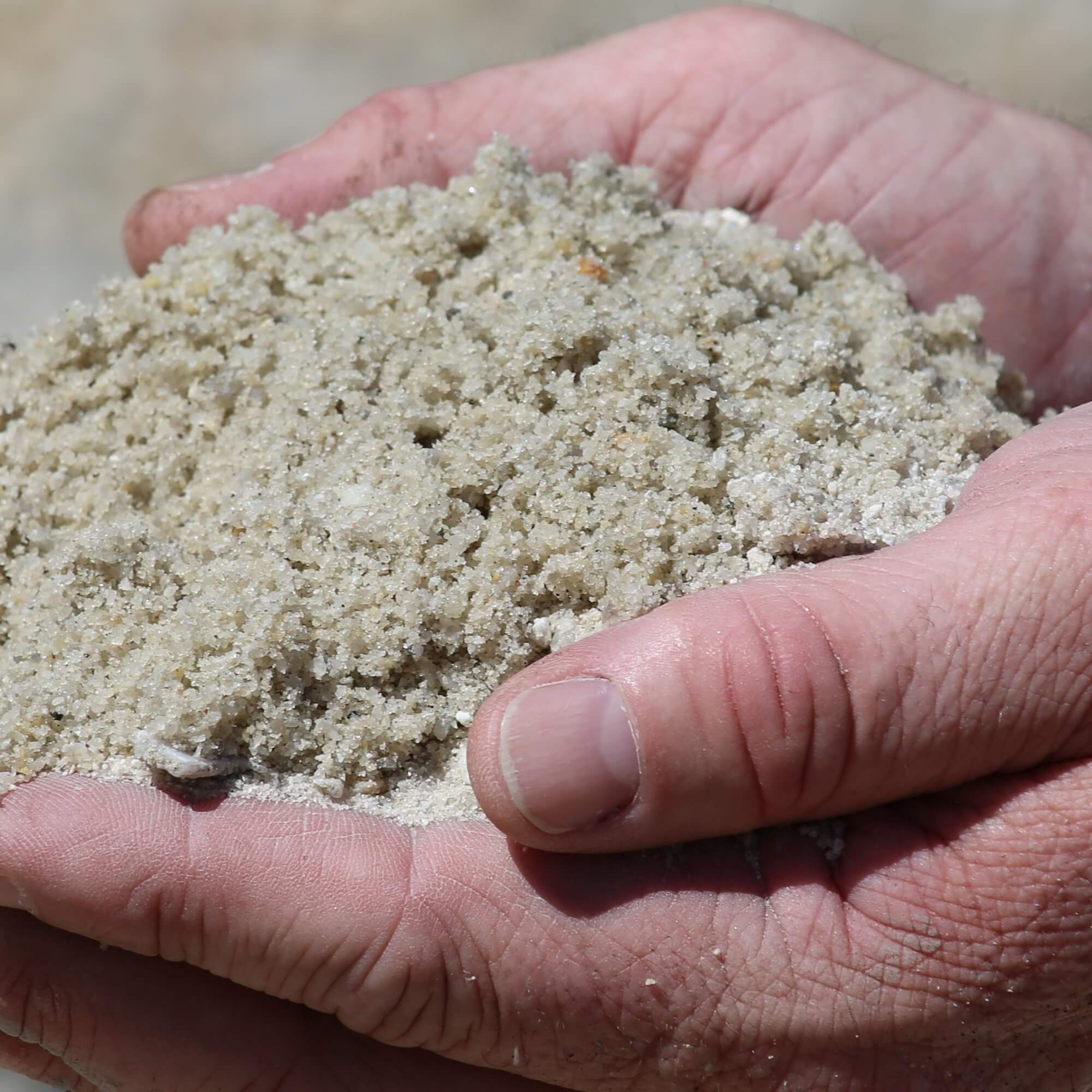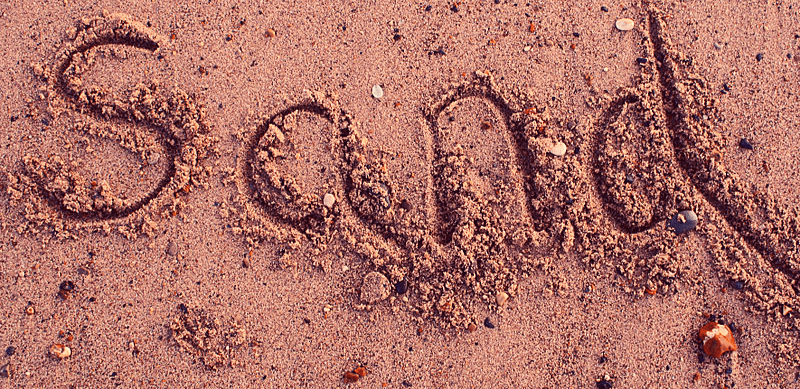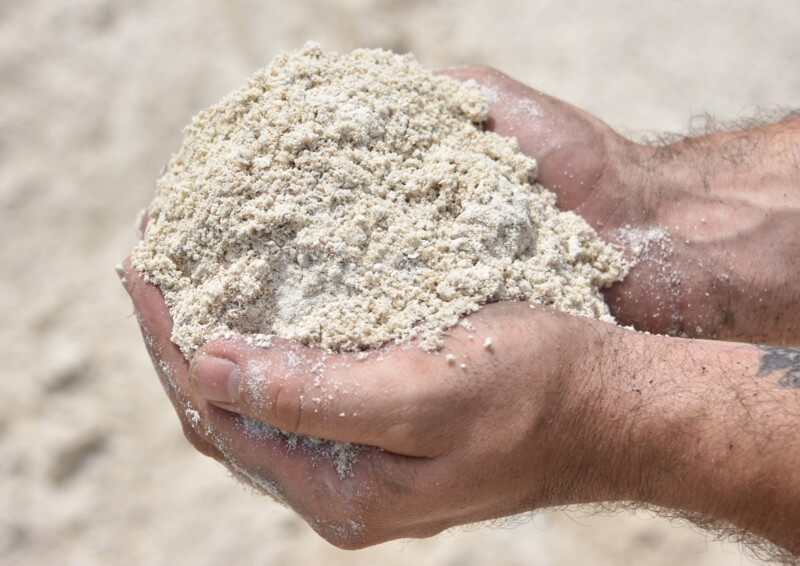
Mason sand is a fine sand that can be used for brickwork, volleyball courts, infill, sandboxes, and swimming pool bottoms. It can also be mixed with our other sands for use in horse arenas. Mason sand is a smooth, fine, and clean material that can be used to fill up gaps between pavers or mixed with mortar. Masonry sand is frequently mistaken for finer concrete sand (both are created using the same process, mason sand is more pulverized).
It’s more frequent in applications that demand a more attractive look because of the smaller grains. It’s a versatile product that may be utilized in almost any project that doesn’t require a specific sort of sand. It’s also less expensive than other related sand types. Sand can be used for a multitude of purposes, but because not all sand is made equal, it’s critical to select the correct type for your project.
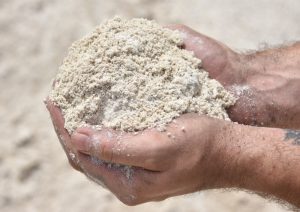
Uses of Mason Sand
- Specialty mortar mixes (when used in conjunction with masonry cement or a Portland/lime mix)
- Projects in landscaping
- Litter boxes for cats
- Traction on ice and snow
- Erosion prevention
- Paver and stepping stone base material
- Wet or dry options are available.
I never expected to be so taken with sand, yet my kids adore it and play with it on a daily basis. I had no idea what I was looking for when I first started exploring for sand alternatives! You’re undoubtedly aware that the sand in your children’s sandbox differs from that found at the beach. But did you know that not all sand from the shop is created equal? In fact, there are several different sorts (each with its own set of uses)! Masonry sand is one of the most widely used types of sand.
Masonry sand is utilized in a variety of construction and landscaping operations. It’s made of the same quarry rock as other sands, but it’s been finely treated to obtain a fine, consistent texture. How do you decide which sand is right for your next DIY project when there are so many to select from? Or which is a good place for your kids to play? Here’s everything you need to know about mason sand and its numerous applications around the house:
Mason Sand is a type of sand that comes in a variety of coolers mason sand (also known as masonry sand or mortar sand) is a fine sand that is commonly used in the building industry. This sand has uniformly sized granules, giving it a smooth appearance and feel. Read more about other types of sands here.
What Is the Purpose of Mason Sand?
For most jobs that don’t require a specific type of sand, masonry sand is the best option. For many residential and commercial applications, it strikes the ideal blend of delicacy and cost. Mortar, a form of cement used to fill the gaps between bricks or stone blocks, is usually made with mason sand. It can be used to fill gaps between landscape pavers, but it isn’t the best choice. Fine masonry sand can also be used to cover large recreational areas such as a volleyball court or a playground.
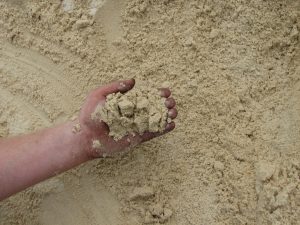
Playground projects are one unexpected application of masonry sand. Masonry sand is commonly utilized by parents and guardians who want to build a sandbox or other play area where the sand will be used. When viewed in direct sunlight, white sand or beach sand may appear more appealing than masonry sand, but its adaptability and longevity – as well as its low cost – outweigh this.
The most straightforward way to conceive of masonry sand is as a cross between concrete sand and white sand. It is finer than the previous while also being less expensive. As a result, it’s widely regarded as the most adaptable sort of sand, ideal for practically all projects that don’t require a specific sand type.
